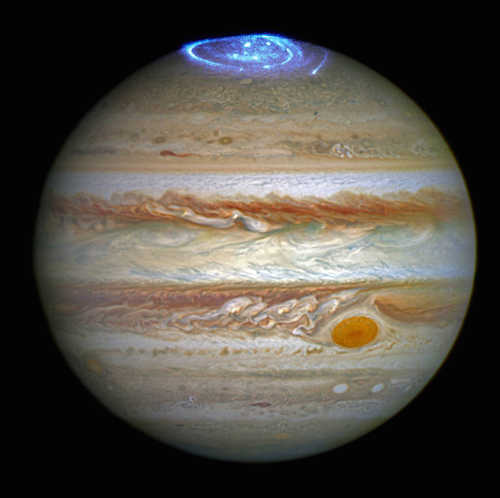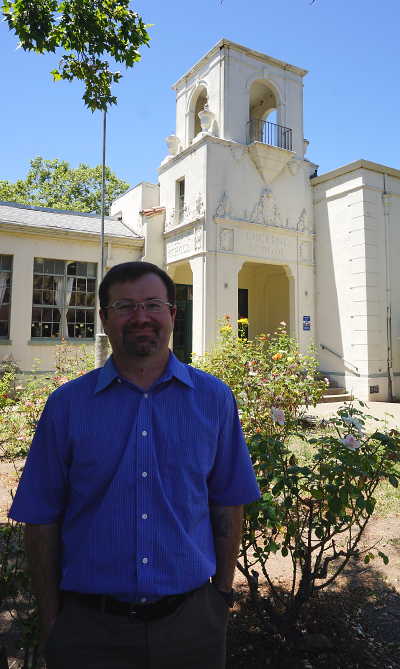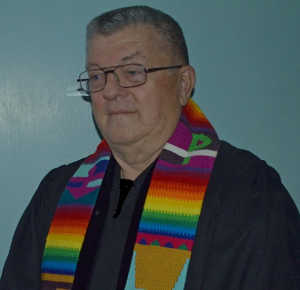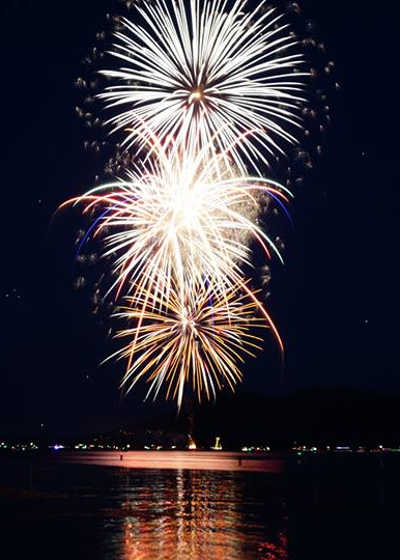LAKEPORT, Calif. – A Lakeport man has been sentenced to jail time for driving on a suspended license twice – including during a 2013 wreck that claimed a man's life – but the vehicular manslaughter case against him for that fatal crash has been dropped after a jury deadlocked at trial in May.
On Friday Wayne Leroy Caldwell, 42, was sentenced to two years in the Lake County Jail after having pleaded guilty to two counts of driving on a suspended license, according to Deputy District Attorney John DeChaine.
In May, shortly after he'd entered those pleas, Caldwell had gone on trial for misdemeanor vehicular manslaughter for the crash that killed 26-year-old Brandon Helmer of Kelseyville on Dec. 7, 2013. However, the result was a hung jury.
A few weeks after the jury's deadlock, DeChaine announced that the District Attorney's Office would not refile the vehicular manslaughter case against Caldwell.
“We had presented the evidence that was legally admissible, but it wasn't sufficient to prove the case beyond a reasonable doubt,” DeChaine told Lake County News.
Caldwell, who was driving on a suspended license at the time of the crash, was not impaired by any substances at the time of the wreck, according to the California Highway Patrol's report on the crash.
However, DeChaine said Caldwell had admitted to investigators that at the time of the crash he was tired.
DeChaine said the evidence suggested that Caldwell fell asleep, which caused his 1994 Dodge Ram pickup to cross double-yellow lines on Highway 29 south of Cruickshank Road outside of Kelseyville.
His pickup drifted into the path of Helmer's 1992 Acura Integra, causing a head-on collision that killed Helmer, a young husband and father of three little girls, with his wife later giving birth to their fourth daughter.
Andrea Sullivan, Caldwell's defense attorney, said on the day of the crash he had driven from Willits – where he was living at the time – to Clearlake, stopped, visited with friends and ate, and at about 4:40 p.m. began the return trip to Willits.
She said the CHP estimated Caldwell had only been driving around 20 minutes when the crash occurred.
The prosecution alleged that Caldwell was negligent in not getting off the roadway after he realized he was tired. DeChaine said Caldwell had told investigators that, because he was tired, he had planned to pull over.
By not getting off the road at that point, DeChaine said Caldwell put the public at risk. “For us, that was the demonstration of negligence,” and the basis for the vehicular manslaughter case, he said.
With Caldwell not having been impaired by drugs or alcohol, and the fact that he was reported to have had adequate sleep the night before, Sullivan said she advised him to be checked out by a doctor.
She said Caldwell subsequently took part in a sleep study which determined he had moderate to severe sleep apnea, a condition that can cause people to be tired or fall asleep unexpectedly.
Before the trial started, DeChaine said Caldwell pleaded guilty to two of the counts against him – driving on a suspended license on the day of the crash that killed Helmer and again on Jan. 31, 2014 – which took those out of the jury's purview.
“They were all in the same case but we had him plead before the trial began to the driving on a suspended license,” Sullivan said.
Caldwell went on trial on May 18, with six full days of testimony, Sullivan said.
At trial, she presented evidence of Caldwell's sleep apnea, with Dr. James Steele – who runs four sleep centers in Lake, Humboldt, Mendocino and Sonoma counties – giving testimony on the sleep disorder. Sullivan said Steele was not the doctor who did Caldwell's sleep study.
Sullivan argued that Caldwell was overcome by a medical condition and therefore was not negligent or guilty of manslaughter.
Caldwell did not testify in the case, DeChaine said.
DeChaine said the case had challenges, including that witnesses had not seen any behavior or driving pattern that caused them concern before Caldwell drifted into oncoming traffic and hit Helmer.
“From my perspective, that doesn't matter,” said DeChaine, adding that the average person knows when they are too tired to be behind the wheel.
However, at the end of May, the jury deadlocked and announced it couldn't reach a verdict. The split was 7-5, with the majority of the jurors in favor of a not guilty verdict, “which I think is pretty significant,” said Sullivan.
“From my perspective, the hung jury was obviously a disappointment but the case did have its challenges,” said DeChaine.
At a followup court appearance on June 20, DeChaine told the court the vehicular manslaughter case against Caldwell was being dropped.
Although DeChaine did not elaborate on the reason in court, he told Lake County News on Friday – after Caldwell's sentencing – that despite a strong investigation by the CHP, “One of the challenges is that we couldn't definitively demonstrate when he started to fall asleep.”
DeChaine said that because of evidence code limits, the prosecution also couldn't raise the issue during trial of Caldwell's five prior convictions for driving on a suspended license.
After the vehicular manslaughter portion of the case was dropped, Caldwell still faced sentencing for the December 2013 and January 2014 driving on a suspended license charges, with the prosecution arguing that, because of his long history of prior convictions, probation wasn't appropriate.
Retired Judge Arthur Mann – who presided over the case – agreed, and on Friday imposed the maximum sentence allowed for misdemeanor charges, one year in the county jail for each count. DeChaine said the counts will run consecutively, for a total of two years.
“I was pleased with the stiff sentence that Judge Mann handed down,” DeChaine said.
Just how much of that two years Caldwell will serve is unclear, as he could be entitled to credits of up to 50 percent, said DeChaine.
Even had Caldwell been convicted of vehicular manslaughter, DeChaine said he was unlikely to serve more time in jail than he received on Friday because of the statutory limits on misdemeanor sentencing.
While he would have liked to have the manslaughter conviction in the case, DeChaine said, “Nothing can bring Brandon Helmer back. No conviction can turn back the events that led to his death.”
DeChaine said Caldwell must report on Aug. 10 to begin serving his sentence in the Lake County Jail.
Email Elizabeth Larson at This email address is being protected from spambots. You need JavaScript enabled to view it. . Follow her on Twitter, @ERLarson, or Lake County News, @LakeCoNews.

 How to resolve AdBlock issue?
How to resolve AdBlock issue? 









